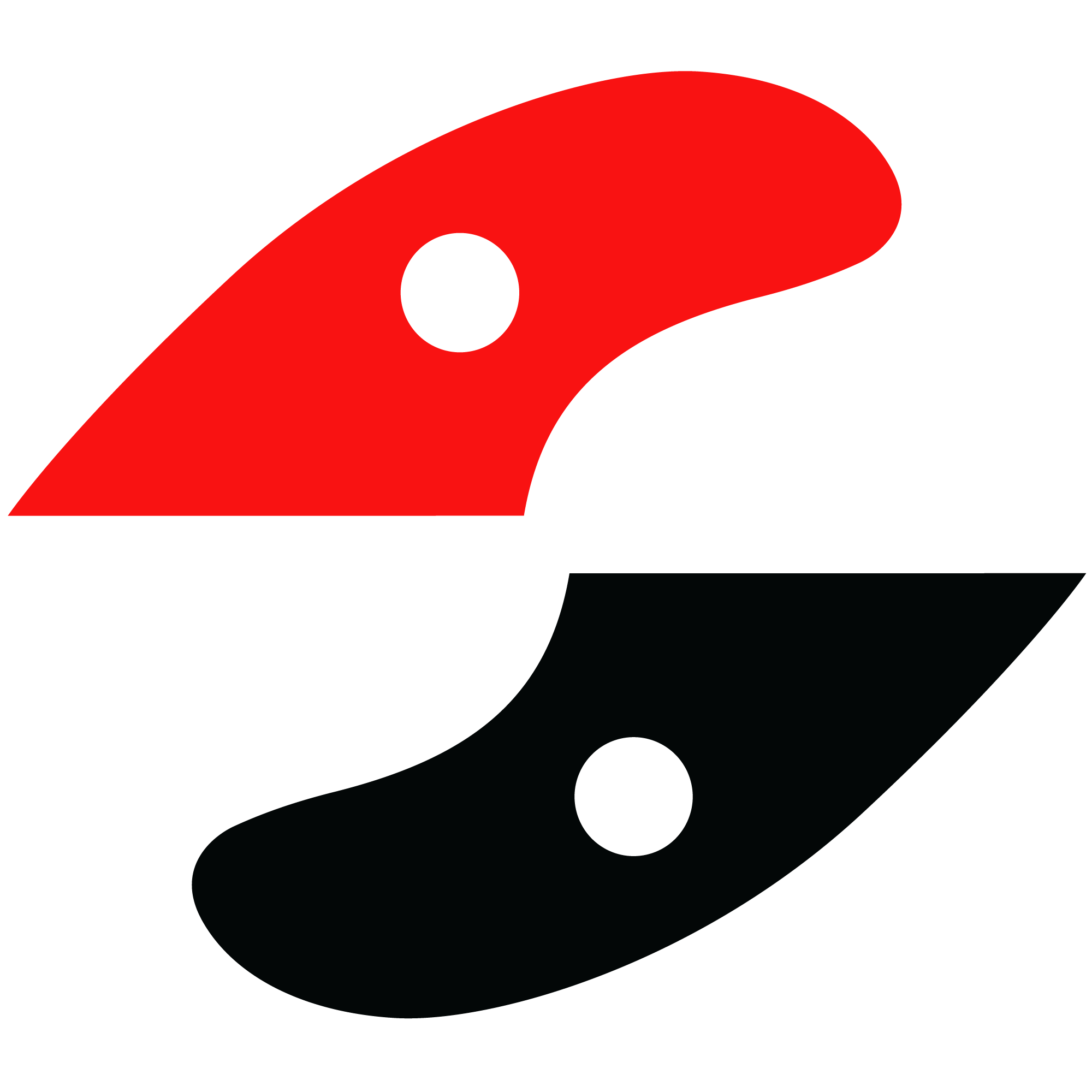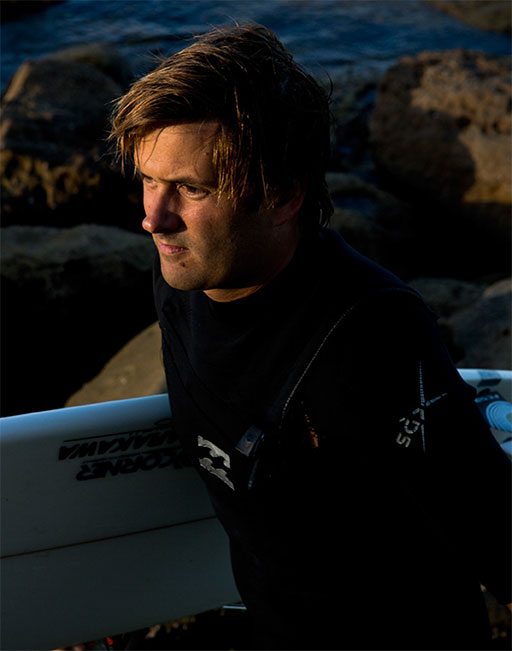This collective sense of isolation cuts to the heart of the surf industry’s greatest contradiction. By creating the all-pervasive, highly appealing myth of the surfer, everyone has (rightfully) up and gone surfing. As a result, surfing is shatteringly diverse. And yet the very industry which sets the standards to which budding waveriders are supposed to aspire still finds ways to deny the kaleidoscopic nature of the surfing population, pushing anyone who isn’t blue-eyed or hyper hetero to the outer fringes – or completely out of sight.
“I’m included in that feeling of not belonging,” Thomas says. “Everyone here knows about me and the film that I’m making. But whenever I meet someone new I still feel as if I have to tell them that I’m different – and I never know how they are going to react. This unknown creates a sort of dilemma. And I think the only reason people don’t know how to react is because they have never met any other gay surfers. It’s not that they don’t want surfers to be gay. It just creates an uncomfortable position, an awkward question. The reason we did the film is that we want to try to find a way to answer that question.”
The fact remains: the mainstream surf industry does’t appreciate these sorts of questions. Because the answers don’t help boost sales of board shorts. “I think the reaction to the film will be very different from the surf industry when it comes out than what it was when we started the project. When we reached out to people in the companies and on the tour and said we were going to make a documentary about homosexuality and surfing, they were very closed, very private. I don’t think it was that they were homophobic, it’s just that everyone knows about certain stories in US and Aussie surf culture about certain pros on the tour being gay and quitting the tour because they are gay, people being assaulted and so on. A lot of people in the industry just preferred not to answer our call for an interview, rather than face all these demons from the past. There are a number of issues within surfing that are not being dealt with and homosexuality and its place within surfing is definitely one of them.”
This collective vow of silence, upheld by those who function deep within surfing’s core, can be an intimidating barrier to tackle – especially when its founded on an idea of ‘us’ versus ‘them’. “We are independent filmmakers, not aligned to any brand or set of people in the industry; and it has been a challenge for us to let people know that we’re not here to blame anyone or to ‘out’ anyone,” says Thomas, who isn’t so much waving a flag as pointing out abject home-truths. “We’re here to say, ‘Look some of the athletes that you admire so much, well some of them are straight but guess what, some of them are gay.’ We strongly believe that if homosexuality were more visible, if young kids knew that one of their heroes were gay, then they would think twice before they made judgements. We’re not here to wave a rainbow flag – we’re here to show that surfing is way more complex, diverse and interesting than the what is portrayed in the media.”
But whatever the reaction to the film within the industry itself, the film has already made a change out there in the real world. “Craig Butler, who is six times Irish surf champion, wrote us a letter at the start of the process saying that there is no way he’d ever be able to tell his parents or his surf mates that he was gay because they just wouldn’t understand. But through the course of the documentary – over about a year between when we started and when he contacted us again – he wrote to us saying that he had changed his mind and that it was important that he told everybody who he was. If we can inspire people to be who they are like Craig, then that’s what the process is all about.”
Out in the Line-up is released Saturday, June 28.
Posted
Text by Michael Fordham
Photography © David Maurice Smith



I think theiris a gulf between the industry and surfers. The industry is about money and image , which is true about much of society.
Perhaps, I am lucky. I never really had to deal with the dielimma of coming out. I was a decent amature in HS and had a bf the senior year. Most of the guys on surf team were cool with it but I think it was because we knew each other so long.
I still surf with some of them today and consider them my brothers, as they have backed me up in the past aganist hetrosexist a-holes.
Good article, Thomas. IMO the only way the Surfing Industry will use gays/lesbians is when the money to be made can’t be ignored. An out Triple Crown winner not only would rake in the bucks, but would inspire a few kids. Being your own human being is hard in the face of society, but the self-esteem benefit is awesome. In OZ there are the rugby players who have taken pix with anti-homophobia slogans. Why can’t someone organize the same for surfers?
As for the “…back in the day [all] was free and open-minded and tolerant…” comment, I disagree. I know only the States. Some women were accepted, as were native Polynesians and Hawaiians, of course. But African-Americans, Latinos, and Native Americans? No really, even though I met such surfers around California over the years. “The Surfer’s Path” ran an article about Black surfers in SoCal, which included the issue of prejudice. And I recall an interview with Buzzy Trent in “The Surfer’s Journal” where Steve Pezman specifically condemned Buzzy’s use of the “n-word” to refer to Blacks. Trent also use “f-word” in the article to refer to us; Pezman didn’t call that slur out though. I don’t know: is it too much to slap a Rainbow Flag sticker on your board instead of one from the Industry? Seems a subtle enough gesture to break the silence.